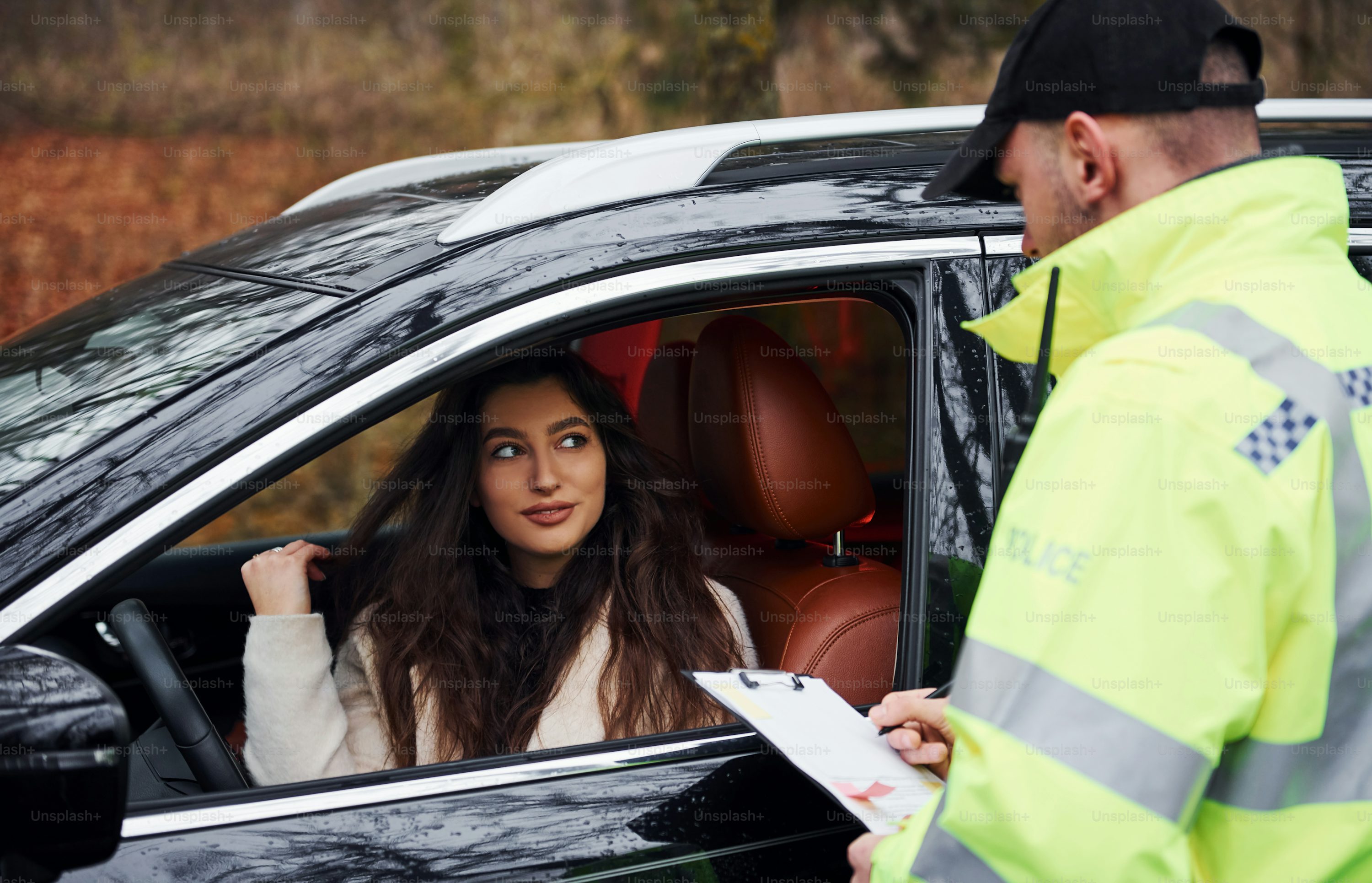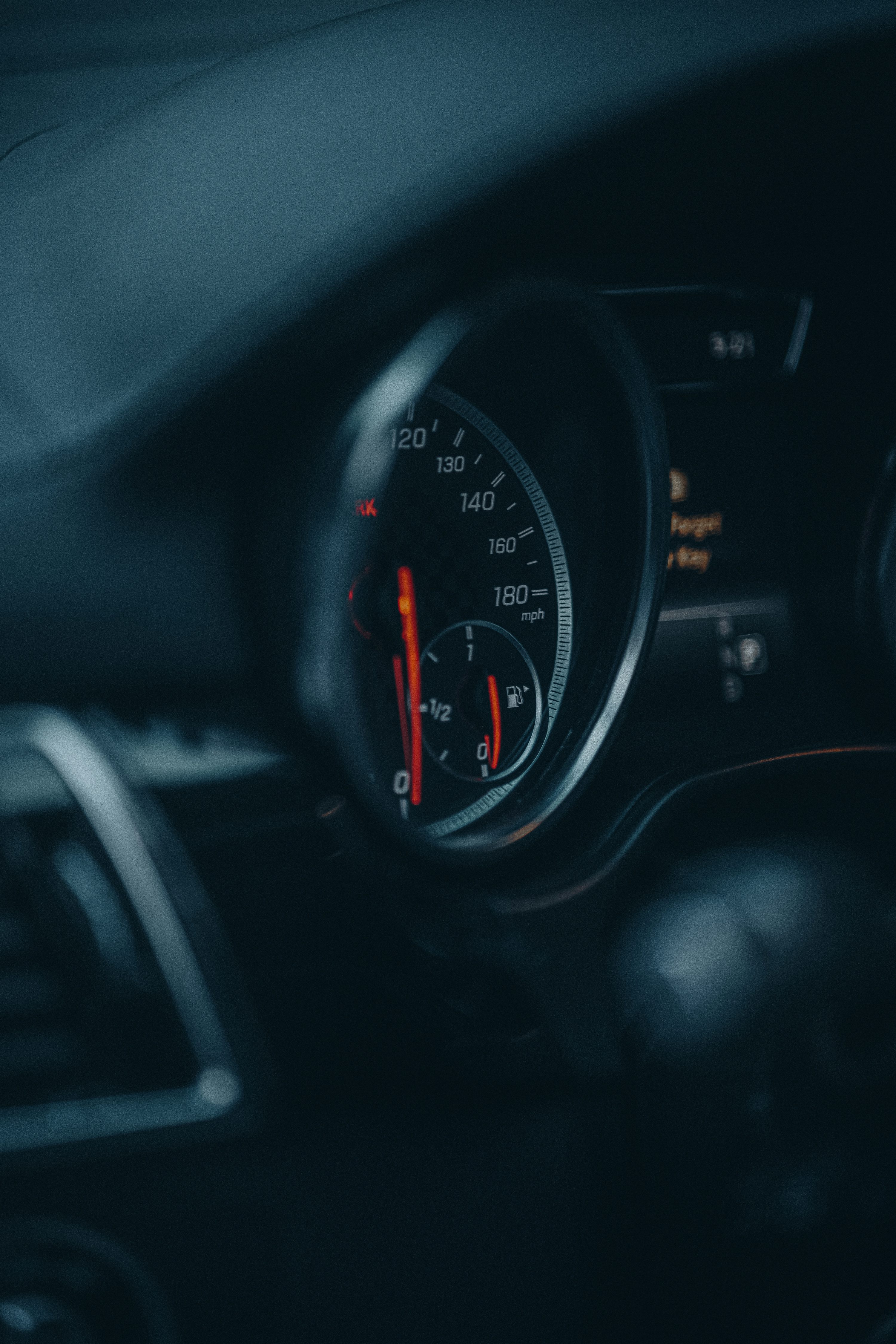- What Is Vehicle Registration?
- Why Vehicle Registration Matters
- How to Handle Your Vehicle Registration
- Common Mistakes to Avoid
- Frequently Asked Questions (FAQ)
Do you own a car in the Gulf region? Then understanding vehicle registration, often called 'Mulkiya' in some local areas, is key. This guide will help you easily navigate this important process, covering everything you need to know.
What Is Vehicle Registration?
Vehicle registration, often referred to as 'Mulkiya' in our local areas, is more than just a piece of paper. It's the official way your car is recorded with the government. Think of it as your car's legal ID. This process shows that you are the legal vehicle ownership and that your car meets all necessary safety and environmental rules. Without proper registration, your car isn't simply 'yours' in the eyes of the law.
Key Features of Registration
When your car is successfully registered, you gain a few important things:
A Unique License Plate Number: Every registered car gets a special license plate number. This number is like your car's personal identification tag. It helps authorities keep track of
vehicleson the road and makes sure they are properly identified.A Registration Card with Owner Details: Once registered, you'll receive an official
registration card. This card shows important information about thevehicle ownership, like your name and address. It also includes details about the car itself, such as its make, model, and year. Always keep this card with you when driving or have easy access to a digital copy.A Validity Period: Just like your passport, your car's registration doesn't last forever. It usually has a
validity period, typically lasting one or two years. It's super important to remember this date and plan forrenewalbefore it expires.Linked Insurance and Inspection Records:
Vehicle registrationisn't just about the car itself. It connects to your car's validinsurancepolicy and its inspection records. These links ensure your car is safe to drive and properly covered in case of an accident. It's all part of theregistration process.
Why Vehicle Registration Matters
Understanding vehicle registration is not just about following rules; it's about protecting yourself and others. This essential process makes sure that all cars on the road are safe and legally recognized. Let's look at the main reasons why your vehicle registration is so important.
Legal Requirement
Driving a car without a valid vehicle registration is against the law. If caught, you could face some serious problems:
Hefty Fines: You might have to pay significant
fees. These can range from around 500 AED/SAR to 1,000 AED/SAR or even more, depending on where you are. Thesefeesare designed to discourage unregistered driving.Vehicle Impoundment: Your car could be taken away and stored by the police. Getting it back means more
fees, paperwork, and a lot of hassle. This can be a major inconvenience.Insurance Invalidity: Perhaps most seriously, your car
insurancepolicy might become invalid if yourregistrationhas expired. This means if you get into an accident, yourinsurancecompany might refuse to cover the damages or injuries. This could leave you with huge bills and financial burdens.
Safety Assurance
Vehicle registration also plays a big part in keeping our roads safe. To get or renewal your car registration, you often need to meet certain safety standards:
Emission Tests: Cars must pass tests to check how much pollution they release. This helps keep our air clean and contributes to a healthier environment.
Brake and Light Inspections: Mechanics will check your car's brakes, lights, and other important safety features. This ensures your car is safe to drive for you and for others around you. It helps prevent accidents caused by vehicle faults.
Valid Insurance Coverage: Having an up-to-date
insurancepolicy is a must. Thiscoverageprotects you and others financially in case something goes wrong on the road. It's a critical part of being a responsible car owner.
How to Handle Your Vehicle Registration
The registration process might seem a bit complicated at first, but it's clearer once you know the steps. Whether you're registering a car for the first time or doing a renewal, here’s what you generally need to do.
First-Time Registration
If you've just bought a new (or used) car, you'll need to go through the first-time registration process. It's how your vehicle ownership officially begins:
Gather Your Documents: You'll need original
documentsrelated to your car's purchase. This includes the sales agreement and any customs papers if the car was imported. Make sure alldocumentsare valid and in order.Show Your ID and Address Proof: Make sure you have your national ID or passport ready. You'll also need proof of your local address, like a utility bill. These
documentsconfirm your identity and residency.Pay the Necessary Fees: There are
feesinvolved in theregistration process. These can vary, but generally fall within a range of 200 AED/SAR to 500 AED/SAR or more, depending on the car type and local rules. Be prepared for thesefees.Receive Your Registration Card and Number Plates: Once everything is approved and
feesare paid, you'll get yourregistration card. You will also receive your new license plates. Make sure these are properly attached to your car as soon as possible.
Renewal Steps
Regularly renewing your vehicle registration is crucial. Ignoring renewal dates can lead to significant problems. Here’s a general guide for the renewal process:
Check Validity Period: First, know when your current
registration card(Mulkiya) expires. Mark it on your calendar well in advance, say 2-3 months before the expiry date. This gives you plenty of time for therenewal process.Complete Vehicle Inspection: Most cars need to pass a technical inspection before
renewal. This check ensures your car is safe and roadworthy. Get this inspection done a few weeks before yourregistrationexpires.Update Your Insurance: Before
renewal, make sure your carinsurancepolicy is valid and up-to-date for at least the next year. Often, theinsurancedetails are linked directly to yourregistrationand must be current.Pay Renewal Fees: Similar to
first-time registration, there arefeesforrenewal. These can vary but typically range from 150 AED/SAR to 400 AED/SAR. You can often pay thesefeesonline or at designated service centers, making therenewal processeasier.Receive Your New Registration: Once all steps are complete, you'll get your updated
registration card. This could be a physical card or a digital version through a mobile app, depending on your local authority's system.
Common Mistakes to Avoid
Even experienced drivers can make small errors regarding vehicle registration. Avoiding these common mistakes can save you a lot of time, money, and stress:
Forgetting Renewal Dates: This is probably the most common mistake. Set multiple reminders on your phone, calendar, or even ask a family member to remind you. An expired
registration cardmeans your car is not legal to drive, and you risk penalties.Skipping Mandatory Inspections: Don't put off your car inspection. It's not just a formality; it's a safety check. Driving without a valid inspection can invalidate your
insuranceand lead to severe penalties. It's a key part of yourrenewal process.Misplacing the Registration Card: Your
registration cardis a vitaldocument. Always keep it safe in your car's glove box or safely in a digital format on your phone. Losing it can create delays during roadside checks or when you need official services for yourvehicle ownership.Using Expired Insurance Policies: Always make sure your
insuranceis current. Yourvehicle registrationis tied to yourinsurance. If yourinsurancelapses, your carregistrationcan't be renewed, and you won't be covered in an accident, which is a major financial risk.
Frequently Asked Questions (FAQ)
Here are some common questions car owners ask about vehicle registration.
Q:What happens if I drive with expired registration?
A: Driving with an expired vehicle registration is a serious offense. You will likely face significant fees, possibly ranging from 500 AED/SAR up to 1000 AED/SAR or more. Your car could also be impounded, meaning it will be towed away and stored at your expense, leading to more fees. In some cases, legal action might be taken. It’s always best to complete your renewal before the expiry date.
Q:Can I transfer registration to a new owner?
A: Yes, you can absolutely transfer vehicle ownership to a new person. This transfer process usually involves a few key steps. You will need a notarized sales agreement, often called a 'transfer of ownership' document. Both the buyer and seller need to go to the local transport office or a trusted vehicle service center. They will submit the necessary documents and pay any associated fees for the transfer.
Q:Is online registration renewal available?
A: Good news! In many areas, you can now complete your vehicle registration renewal online. This makes the renewal process much more convenient. You can typically pay fees and upload any required documents through official government websites or dedicated apps. Always check the official website of your local transport authority for the most up-to-date information on online services for your vehicle registration.
Q:What documents do I need for renewal?
A: For vehicle registration renewal, you'll generally need to provide a few key documents. These commonly include:
Your valid national ID or passport.
Your current
registration card(Mulkiya).Proof of valid
insurancefor the upcoming year.A recent
vehicle inspectionreport, confirming your car is safe and roadworthy. Thesedocumentsare essential for a smoothrenewal process.
*Note:Fees, processes, and requirements may vary by location. Always consult official sources for updates and specific details regarding your region's vehicle registration.
Read More:
Toyota Veloz Fuel Tank Capacity 2025:Smart Driving Essentials
Mitsubishi Attrage vs Toyota Yaris 2025:7 Comparisons for Buyers












